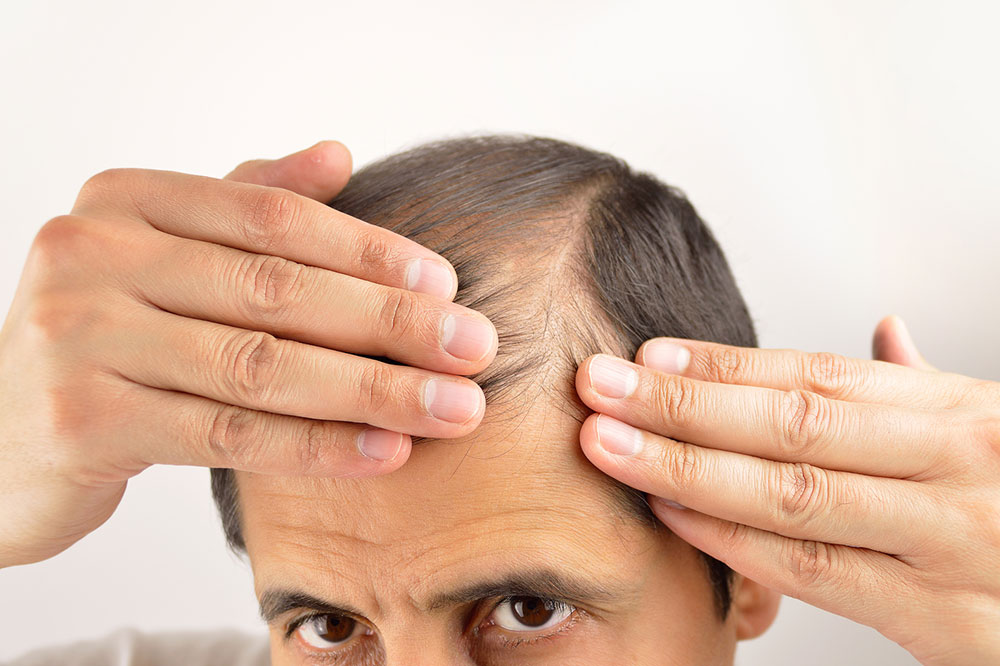Medical Conditions Causing Significant Hair Loss and How to Address Them
This article explores common medical causes behind severe hair loss, including hormonal imbalances, autoimmune conditions, and stress-related factors. It emphasizes the importance of medical consultation for proper diagnosis and treatment options to manage hair thinning effectively.
Sponsored

Hair undergoes a natural cycle of shedding and regrowth, often unnoticed. Daily, small amounts of hair fall out and are replaced by new growth. However, excessive hair loss can indicate underlying health issues, ranging from nutrient deficiencies to serious medical conditions. It is recommended to consult a healthcare professional if you experience sudden or severe hair thinning. Below are some common medical causes of substantial hair loss, including hormonal imbalances, autoimmune disorders, and more.
Androgenetic Alopecia
Commonly called male or female pattern baldness, androgenetic alopecia is a prevalent reason for hair thinning. It typically begins post-puberty and progresses over time. Men often experience hair loss at the temples and crown, while women notice overall thinning across the scalp. Post-menopausal hormonal shifts can exacerbate this condition.
Telogen Effluvium
This condition causes an abnormal increase in hair shedding during the hair's resting (telogen) phase. Triggers include stress, thyroid issues, medications, drastic weight loss, childbirth, and surgery. Although reversible, it can lead to noticeable bald spots if not addressed promptly.
Alopecia Areata
An autoimmune disease inherited genetically, alopecia areata results in the immune system attacking hair follicles. This leads to patchy hair loss on the scalp, face, or body. With proper treatment and care, the condition can be managed, and hair regrowth is possible. Types include patchy alopecia, totalis (loss of all scalp hair), and universalis (loss of hair from scalp, face, and body).
Hyperthyroidism
An underactive thyroid gland produces insufficient hormones that regulate metabolism, leading to hair thinning and brittleness. Disrupted hair growth cycles result in patchy hair loss. Left untreated, it can cause other health issues. Both hypothyroidism and hyperthyroidism impact overall health and require medical attention.






